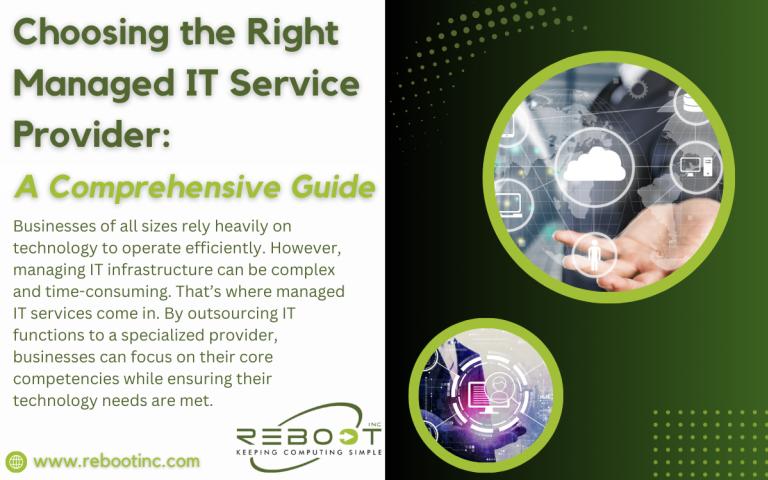In today’s digital age, small businesses face intense competition in the online marketplace. The challenge is not only about creating an online presence but also ensuring it is visible to the right audience. This is where Search Engine Optimization (SEO) comes into play. SEO is the process of optimizing a website to rank higher in search engine results, making it more discoverable to potential customers. In this blog, we’ll explore the importance of SEO for small businesses and how it can be a game-changer for their online visibility by Clickinpedia.
Why SEO Matters for Small Businesses
The majority of consumers today rely on search engines like Google to find products, services, and information. Studies show that websites on the first page of search results capture over 90% of user traffic. For small businesses with limited marketing budgets, SEO offers a cost-effective way to compete with larger competitors by targeting specific, relevant audiences.
For instance, a local bakery trying to attract more customers can use SEO techniques to appear in local search results when someone types "best bakery near me." Without SEO, the bakery’s website might remain invisible, no matter how great its offerings are.
Building a Strong Foundation with On-Page SEO
On-page SEO involves optimizing the content and structure of your website to align with search engine algorithms. This includes selecting the right keywords, improving website speed, and ensuring mobile-friendliness.
For example, let’s consider a small business, “Green Garden Supplies,” that sells organic gardening tools. Using tools like Google Keyword Planner, the business identifies that phrases such as “eco-friendly garden tools” and “organic gardening supplies” are commonly searched. By incorporating these keywords into its product descriptions, blog posts, and meta tags, the website can improve its ranking for those searches.
Moreover, having an intuitive website structure and quality content also enhances user experience, which is another factor search engines prioritize.
The Power of Local SEO for Small Businesses
Local SEO is particularly important for small businesses aiming to attract nearby customers. Google My Business (GMB) is a vital tool in this regard. By creating a detailed GMB profile, businesses can appear in local search results and Google Maps when potential customers search for related services nearby.
Take, for example, a small coffee shop called "Brew Bliss." By optimizing its GMB listing with accurate details like operating hours, address, photos, and customer reviews, the shop ensures it appears prominently in searches such as "coffee shops near me."
Local SEO can also involve creating location-specific landing pages and incorporating location-based keywords to increase the chances of appearing in geographically relevant searches.
Content Marketing and Its Role in SEO
Content is king in the world of SEO. Regularly publishing high-quality, informative, and engaging content not only helps attract visitors but also encourages them to stay longer on your website. Search engines recognize this as a sign of relevance and authority, boosting your rankings.
For instance, "Fitness Pro Studio," a small gym, can create a blog with articles like “Top 10 Exercises for Weight Loss” or “How to Create a Balanced Workout Plan.” Such content positions the business as an expert in its niche, drawing in users searching for fitness advice.
Additionally, evergreen content—information that remains relevant over time—can continue driving traffic to your website long after it is published.
The Role of Technical SEO
Technical SEO focuses on improving the backend elements of a website to ensure it meets the requirements of modern search engines. Factors such as website speed, secure connections (HTTPS), and mobile optimization play a critical role in how search engines evaluate your site.
Let’s say a small e-commerce business, “Trendy Threads,” notices a drop in traffic. Upon audit, they discover their website takes too long to load on mobile devices. By addressing technical SEO issues like compressing images and upgrading hosting services, they improve their site’s speed and performance, leading to better rankings and higher traffic.
The Importance of Link Building
Link building is another pillar of SEO that small businesses can’t afford to ignore. Search engines view links from other reputable websites to your site as endorsements of your credibility.
For example, “Healthy Bites,” a small restaurant specializing in vegan cuisine, partners with local food bloggers. These bloggers write reviews linking back to the restaurant’s website, boosting its domain authority and search rankings. The key is to focus on earning high-quality, relevant backlinks rather than relying on spammy or paid links, which can harm your SEO.
Tracking and Measuring SEO Success
SEO is not a one-time effort but a continuous process that requires regular monitoring and adjustment. Using analytics tools like Google Analytics or SEMrush, small businesses can track the performance of their SEO strategies.
Metrics such as organic traffic, bounce rate, and conversion rates provide valuable insights. For instance, if “City Tech Repairs” notices a high bounce rate on their website, it may indicate that users aren’t finding the content useful or the website isn’t user-friendly. Addressing these issues helps retain visitors and improves search engine rankings.
Affordable SEO Strategies for Small Businesses
One of the myths about SEO is that it’s expensive. While hiring an SEO agency can be costly, there are plenty of budget-friendly strategies small businesses can implement:
- DIY SEO: With numerous free resources and tools, small business owners can learn and apply basic SEO strategies.
- Local Directories: Listing your business on local directories and review platforms like Yelp or TripAdvisor boosts visibility.
- Social Media Integration: Social signals indirectly influence SEO. Sharing your website content on social platforms can drive traffic and improve brand awareness.
For example, a small photography studio, "LensCraft," creates an Instagram profile showcasing their portfolio, linking back to their website. This generates traffic and builds brand recognition, supporting their SEO goals.
Conclusion
SEO is a powerful tool that enables small businesses to compete effectively in the digital landscape. By optimizing their websites for search engines, focusing on local SEO, creating valuable content, and addressing technical issues, small businesses can significantly boost their online visibility.
Platforms like Clickinpedia.com offer comprehensive guides and resources to help small businesses master SEO without breaking the bank. With the right strategies and consistent efforts, even the smallest businesses can make a big impact online.











